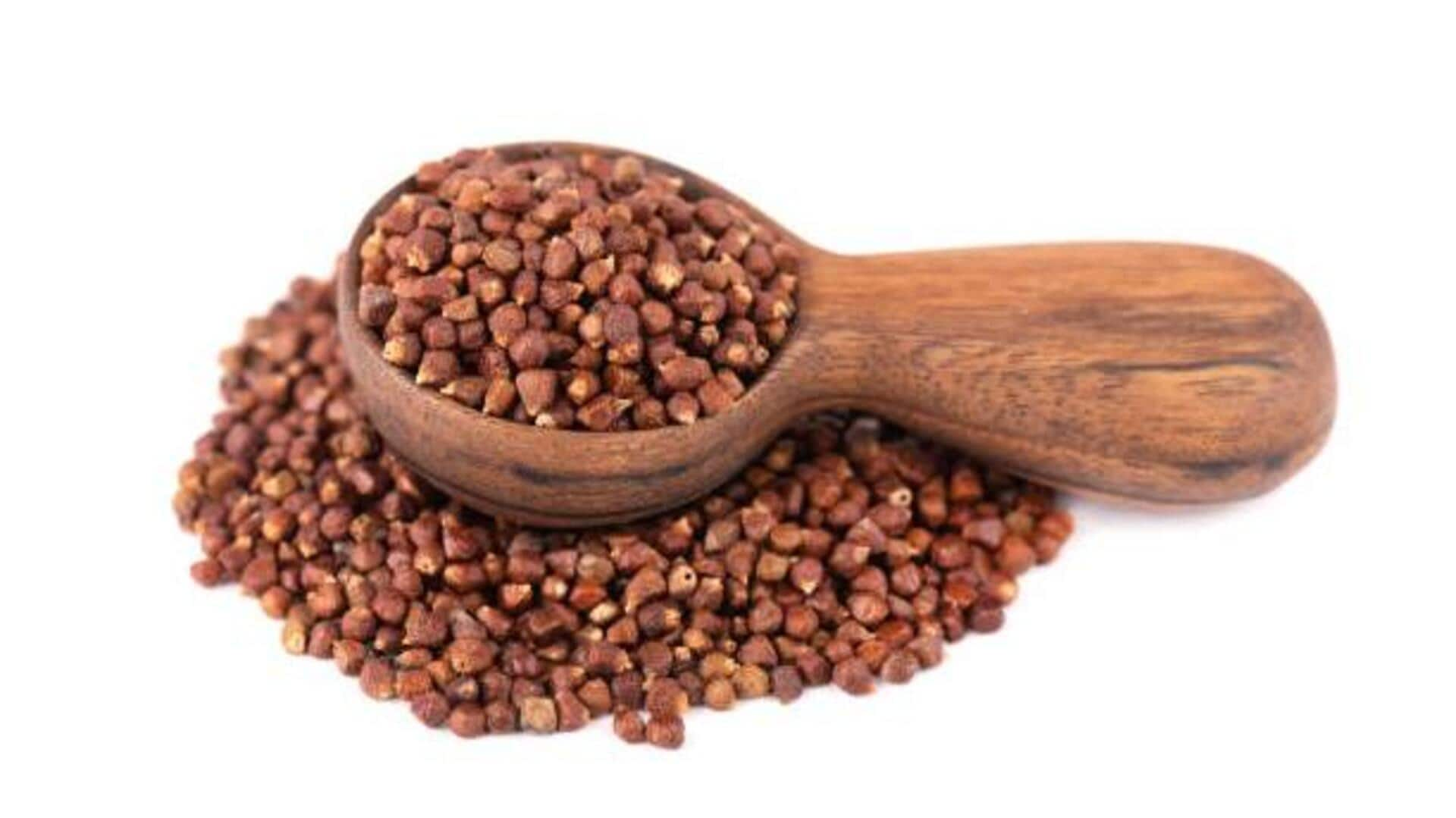
Why you should know about alligator pepper
What's the story
Alligator pepper, a spice native to West Africa, is gaining attention for its potential health benefits. The spice comes from the seeds of the Aframomum melegueta plant and is commonly used in traditional African cuisine. Apart from its culinary uses, alligator pepper is also believed to have medicinal properties. Here are five potential health benefits of this unique spice.
Digestive aid
Supports digestive health
Alligator pepper has been traditionally used as a digestive aid. It may help stimulate the production of digestive enzymes, which can improve digestion and reduce bloating or discomfort after meals. Its carminative properties might also help relieve gas and indigestion, making it a valuable addition to the diet for those seeking digestive support.
Antioxidant properties
Rich source of antioxidants
The seeds of alligator pepper are rich in antioxidants, which are essential for the body to fight oxidative stress. Oxidative stress is caused by free radicals, which can damage cells and lead to chronic diseases. By adding alligator pepper to your diet, you can boost your antioxidant intake, which may help protect your cells from damage and promote overall health.
Metabolism booster
May enhance metabolic function
Alligator pepper has been linked with improved metabolic function. Some studies suggest that it may help increase metabolic rate and support weight management efforts by promoting fat oxidation. Its potential thermogenic effects could make it an interesting spice for those looking to boost their metabolism naturally.
Respiratory benefits
Supports respiratory health
Traditionally, alligator pepper has been used to support respiratory health. It is believed to have anti-inflammatory properties that may help soothe the respiratory tract and reduce symptoms associated with colds or allergies. Its warming effect can also provide comfort during times of respiratory discomfort.
Oral care aid
Promotes oral health
Alligator pepper's antimicrobial properties make it useful for oral health. It is believed to help fight bacteria responsible for bad breath and gum disease when used as part of oral care routines. Its natural compounds may contribute to healthier gums and fresher breath when consumed regularly or used topically under guidance.